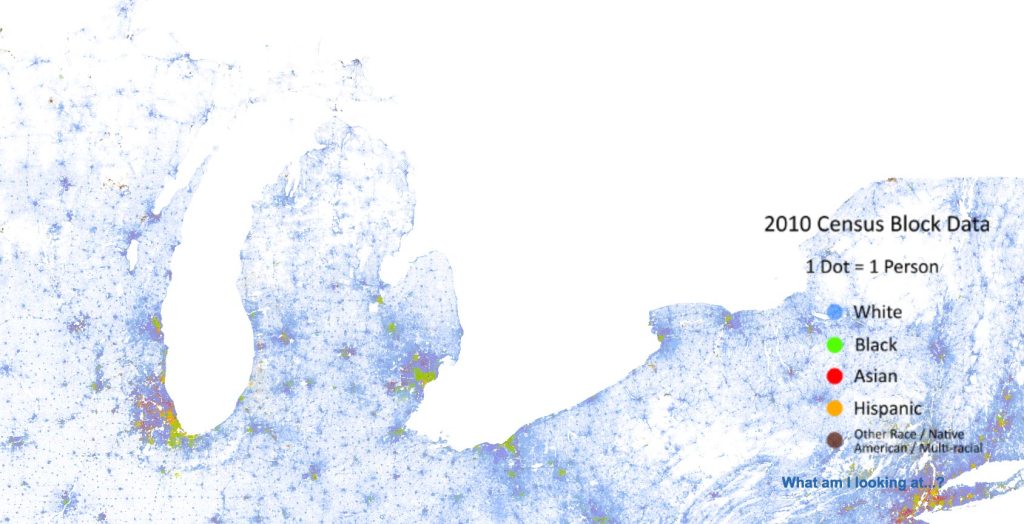Impact
MRULE attracted me because it was an environment that allowed me to intellectually explore complex, deep issues that matter in the world without feeling stigmatized or alienated. I kept coming back to MRULE because of the people and the relationships I was able to form with such a diverse range of people.
We help students transition.

Michigan is one of the most residentially segregated states in the United States of America. Since many students grow up in a homogeneous environment, the increased diversity at Michigan State University is an unfamiliar experience.
Students arrive at MSU from all over the country and world. Of students enrolled in fall 2016, all 50 states and 138 countries in the world were represented. Many students consider MSU’s student body diversity–or lack thereof–to be an adjustment. As the world becomes increasingly diverse and interdependent, students need to learn how to interact across cultural boundaries to live as global citizens. Intercultural Aides (ICAs) work to foster this intercultural engagement.
We are builders of vibrant and inclusive communities.
“Crossing difference, building community” is not merely a catchy slogan of platitude; it is a living, breathing practice we engage in everyday. Recent data demonstrates we’re making considerable progress toward building inclusive communities. Seventy-five (75) percent of respondents indicated that participating in RTDs has helped them engage in civil conversation with people with different perspectives. Moreover 71 percent said RTDs helped illustrate how their actions and inactions might affect others, and 72 percent suggested these conversation helped them become more informed citizens of the world.
Check out our Fall 2020 and Spring 2020 Annual Reports.
We facilitate conversations that matter.
ICAs spend 264 hours facilitating RTDs each year, and they engage roughly 330 students on average in these conversations each week. They also engage in at least 760 interpersonal conversations with residents each week and more than 1,000 unique conversations about academic success each semester. Because ICAs live in the residence halls, they are able to help students transition in individualized ways.
As a result, we’ve found that 75 percent of RTD participants feel they can turn to their ICA for support. What’s more, several years of data suggests that at least 70 percent of residents feel their ICA has positively helped with their social and/or academic transition to MSU, and 75 percent of residents believe their ICA would care if they dropped out of MSU.
ICAs demonstrate how the daily practice of crossing difference can build genuine relationships among people who are different from one another. During roundtable discussions (RTDs) and daily interactions among peers students have the opportunity to better understand the perspectives and experiences of others while also better understanding their own identity in the world. The MRULE-ICA program is different than all other programs at MSU in that it consistently provides diverse conversation about social issues. Intercultural opportunities tend to be rare as students avoid the uncomfortability of these topics in typical social interactions.
EXAMPLES OF PAST RTD TOPICS
- Educational inequity
- Racial identity
- History of U.S. immigration and xenophobia
- Mass incarceration
- Native indigenous peoples
- Stigmas of mental health
- Islamophobia
- Gender norms
- Environmental justice
QUOTES FROM PAST PARTICIPANTS
“MRULE attracted me because it was an environment that allowed me to intellectually explore complex, deep issues that matter in the world without feeling stigmatized or alienated. I kept coming back to MRULE because of the people and the relationships I was able to form with such a diverse range of people.”
“MRULE has helped me improve my communication skills a lot. I have become more comfortable talking about various racial topics that I wasn’t comfortable and educated on beforehand…People should learn how to disagree and they should learn how to keep an open mind. They don’t have to change their minds but everyone should learn how to listen to other people that they don’t agree with.”
QUOTES FROM RESIDENTS ABOUT THEIR EXPERIENCE WITH ICAS
“She will actually talk to me, and make conversation with me or include me in the conversation. She also comments on how I am always at MRULE which makes me want to continue going and that I am actually significant enough to notice when I am gone.”
“He’s a great person to talk to and hang out with, which really helps to make you feel at home. He has invited me to study with him on multiple occasions which helps me not only feel more comfortable here, but focus on my studies on nights when I am a bit distracted”
“My ICA had appointments with me and my roommates about current status such as whether we feel confused with American socializing or other types of relationships here, and more importantly we exchange ideas about culture which provides a very good chance to practice spoken English and get deeper understanding of another culture at the same time.”

